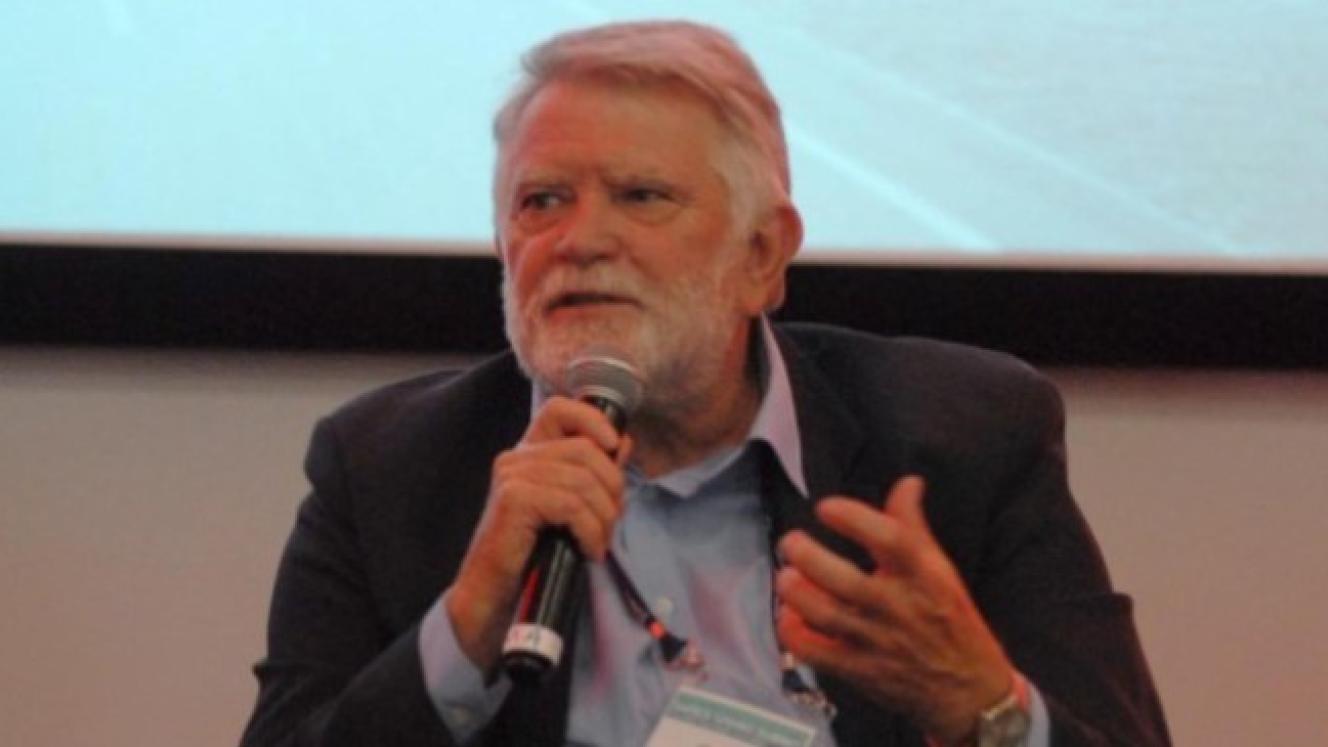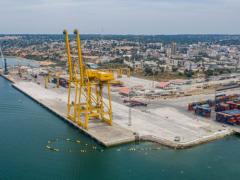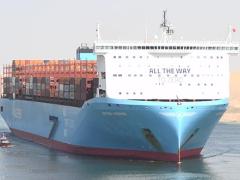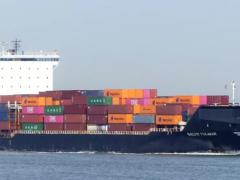While South Africa’s courier market remains tight, certain sectors – particularly e-commerce – are experiencing rapid growth, said Garry Marshall of the South African Express Parcel Association (Saepa).
Courier volumes are closely tied to economic conditions, making the sector a reliable barometer of market sentiment.
“When times are tough, speed becomes less important and price more critical – consumers and businesses start looking for cheaper alternatives,” Marshall explained.
“But when the economy is buoyant, speed takes over from price and we also see an increase in volumes”
He said while the overall market growth remained flat, the business-to-consumer (B2C) segment was thriving. This is driven by rising demand for home deliveries and a shift by retailers – both globally and in South Africa – toward e-commerce models.
“Platforms like BidorBuy and Takealot have made it easier for even small businesses to operate online. People are selling the most unexpected items, and all of them need to be delivered.”
But, he said, there were challenges.
“Customers expect fast, even free delivery if they spend over a certain amount, for example. The reality is that it is not free. The cost is simply built into the product pricing. Revenue versus cost remains a challenge in this low-margin environment.”
Unlike traditional B2B deliveries, the B2C market involves single parcels to individual homes, which limits cost-sharing across multiple items.
“You can’t spread the delivery cost as you would with B2B. Add to that the complexity of delivering to homes – customers might not be there, requiring multiple attempts, or they’re only available after hours or on weekends.”
Despite these challenges, Marshall said the industry was adapting.
“Before Covid, couriers struggled to get access into residential estates. Now, many of those barriers have eased. Communication with the end customer has also improved. The delivery driver is often the only human touchpoint in the process, so that interaction matters more than ever.”
Automation is also playing a growing role in making e-commerce fulfilment more efficient.
“Much of the courier process is now highly automated – the only real human contact is with the driver. That’s a result of the need to drive costs down in what is fundamentally a low-revenue, low-margin business.”
According to Marshall, having both a wide delivery footprint and density within that footprint is key to sustainability. “You need presence in many areas, but also enough volume in each to make it viable. One van delivering to Lusikisiki doesn’t make sense unless the delivery density is there.”
This is why many national couriers rely on local delivery agents or wholesale partners in outlying areas. “Technology now makes it easier to share delivery data, which supports these partnerships,” he said.
He also pointed to evolving business models. “You can’t cherry-pick where you deliver – customers expect the same service whether they’re in Cape Town, Pofadder or New York. It’s a competitive industry and the customer only sees one brand.”
Retailers are also increasingly investing in their own fulfilment capabilities.
“Takealot recently launched Takealot Fulfilment Services (TFS), which will compete directly with traditional courier companies – similar to what Amazon has done globally,” said Marshall.
“They’ve historically used their Mr D network in metro areas for high-density, low-mileage deliveries and subcontracted the rest. Now they’re taking on everything themselves.”
TFS will hold the group’s logistics, courier, on-demand, supply chain, and international freight capabilities under a single brand. Another major retailer following the trend was Shoprite. The retailer opted to acquire RTT’s stake in their Sixty60 delivery service to fully control the supply chain.
“Retailers are no longer just merchants – they’re becoming supply chain operators. Competitive advantage now lies in how efficiently they get goods to the customer.”
The shift, he said, was raising the bar for logistics providers.













